Why Choosing Not Huge Vendors Is Good for Enterprises and Their CTOs

Recently we’ve discussed with our clients why they’ve chosen a smaller vendor and whether it’s turned to their advantage. That was a little jaw-dropping but most of them answered they would never ever choose to work with a large IT provider.
Sounds surprising, right? That’s what we thought. So we decided to dive deep into the topic and find out why choosing a not large vendor might be beneficial for a company.
Company size is not necessarily the most crucial factor when choosing between vendors. But you should still take it into account. For some people, it’s more comfortable dealing with the corporate giants of the world, while others see eye to eye with not big vendors. Neither approach is better than the other, and it should never be a spur-of-the-moment decision. There are several factors to consider so that you know what to expect.
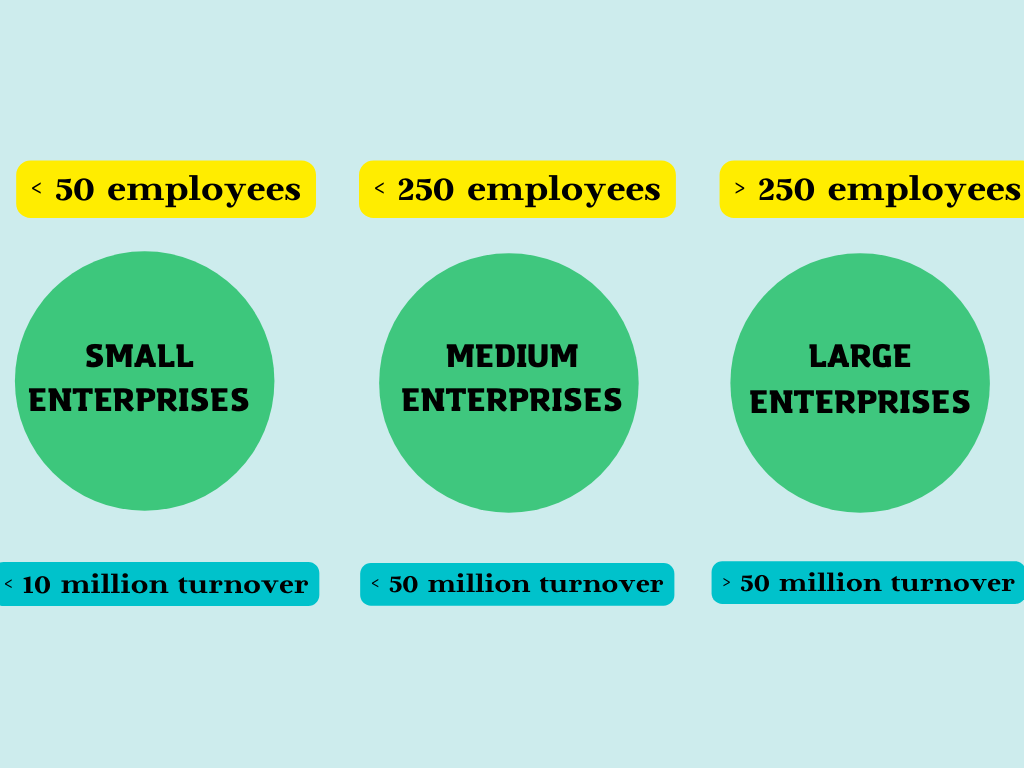
What fears can stop you from choosing a smaller vendor?
First things first, some people think such vendors are riskier. There is always a possibility that they can go bankrupt and sink without a trace. So, you should be meticulous when distinguishing the most promising and trustworthy companies from the rest ones.
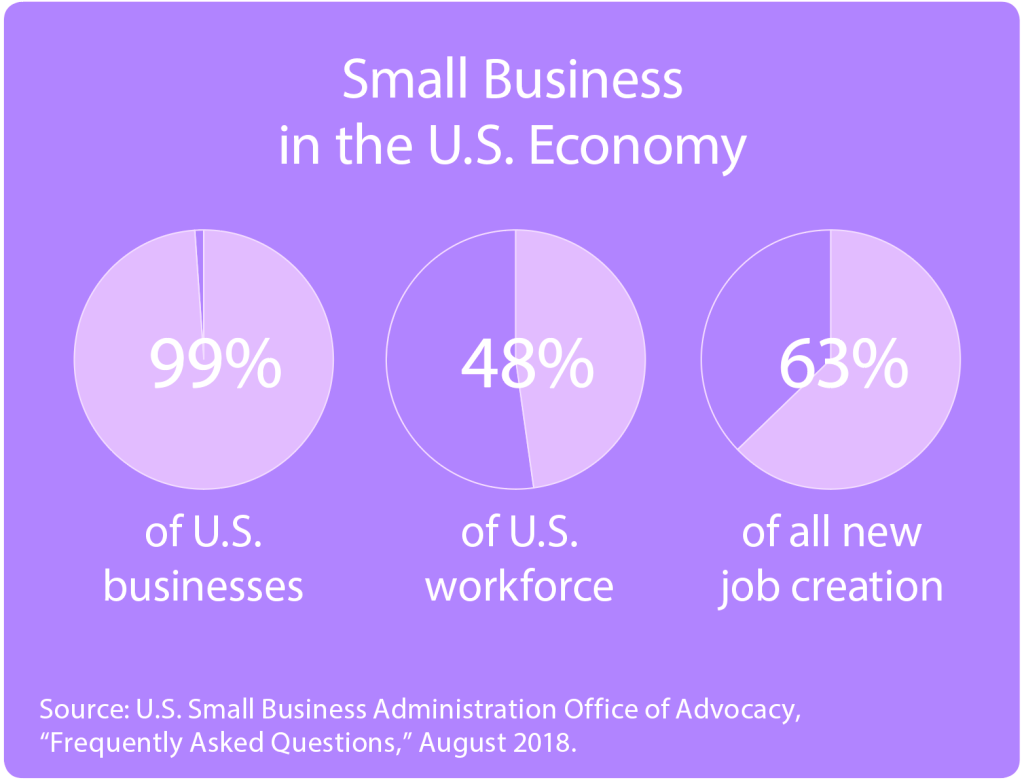
How did our customers do this?
They were looking for a company with a loyal customer base. No one wants their business to become a beta tester and experience some rookie mistakes from unskilled amateurs. That’s why it’s always a good idea to ask for successful case studies in your industry and read the reviews of the customers.
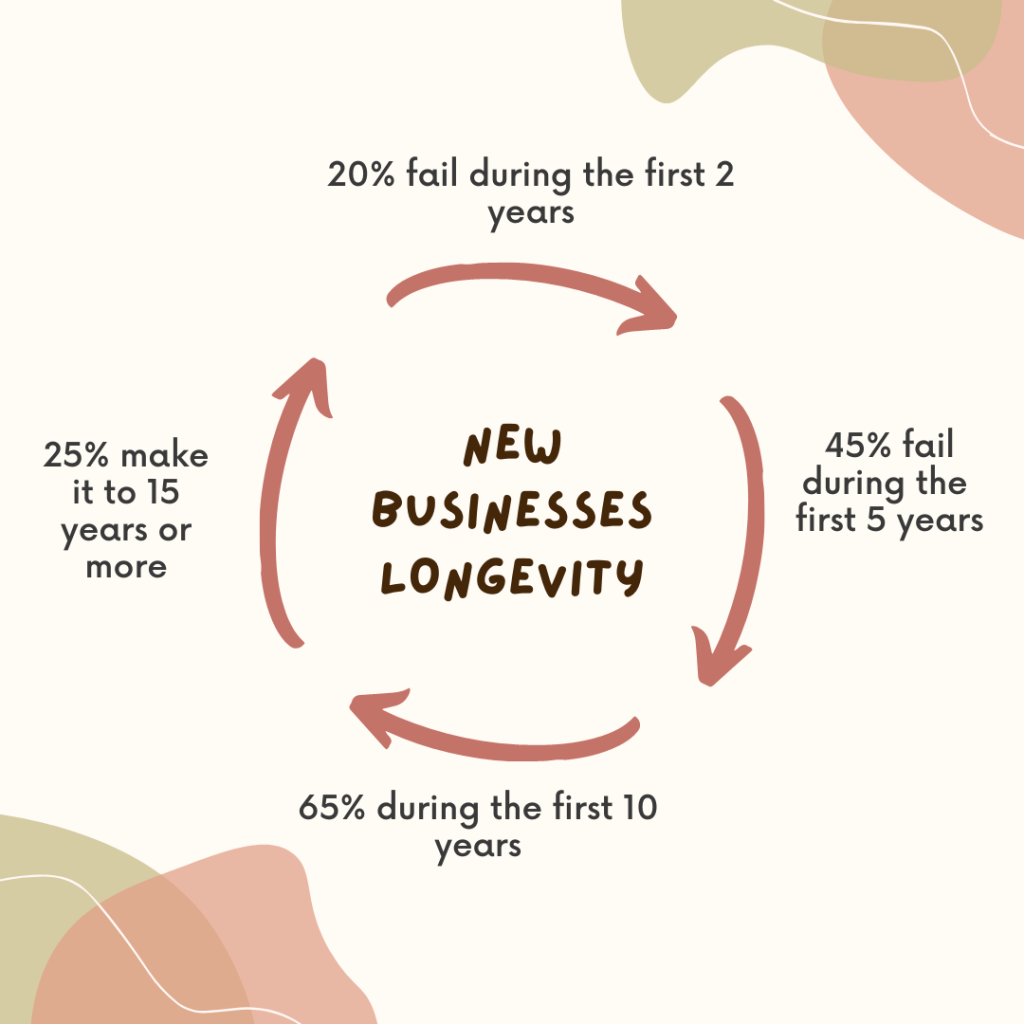
Also, it’s crucial to check out a company’s age because according to research by the U. S Bureau of Labor Statistics, 20% of businesses fail during the first two years of being open. 45% – during the first five years. To be on the safe side, make sure your vendor already has substantial experience gained by more than 5 years of working on the projects of your scale.
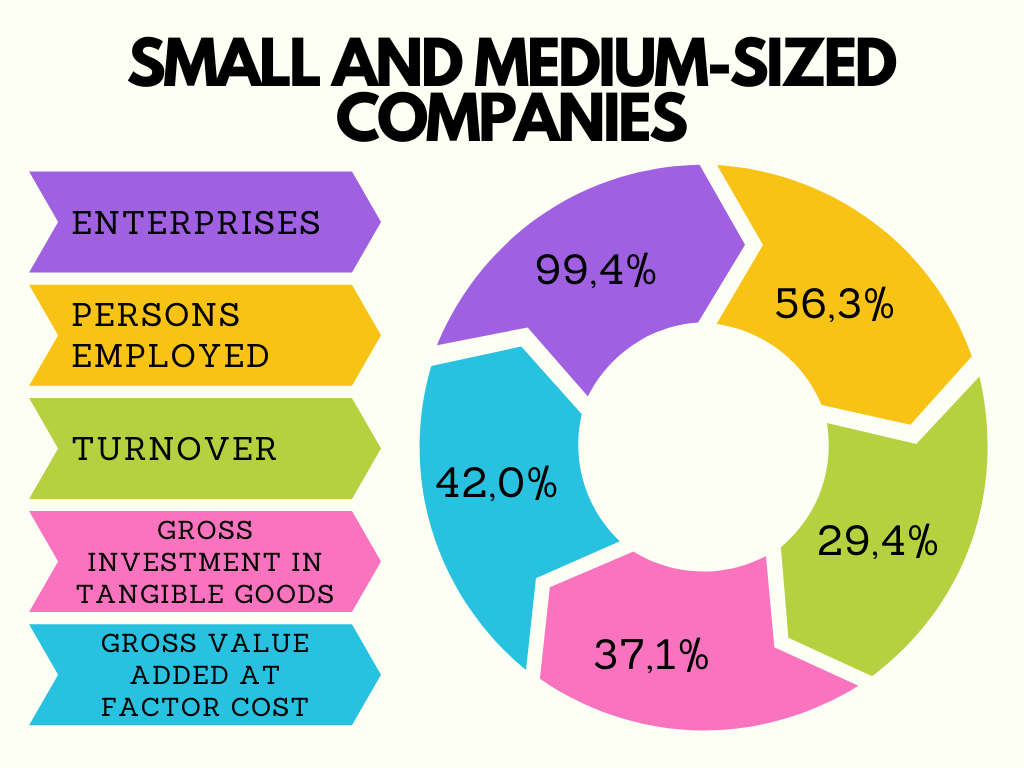
Another point to bear in mind is to make sure that they have a strong software development team. Without enough experienced software developers, new features will be slow to appear, and fixing bugs will take much time. Conduct technical interviews and ask your potential software development team to solve complicated engineering problems to make sure they can implement any complex solutions in one fell swoop.
As you can see, there are some fears which can be easily overcome by studying your potential vendor’s cases and reviews and conducting technical interviews. If a smaller, newer vendor has a reliable and experienced tech team and has gained a substantial customer base, the chances are high that it may be a greater option than some of the larger, more established companies.
What is more, smaller providers often offer a superior, game-changing alternative to the larger players in their particular industry. If the focus of the company is on one particular niche industry, it can provide the features that are tailored to your particular sphere.
A smaller team with niche focus expertise will be more efficient than corporations that claim to have expertise along all industries. One thing to take into account is that some companies deliberately choose a strategy not of a sharp explosive growth with hard-to-control quality, but of controlled, pent-up development in order to cultivate deep expertise, maintain a high level of professionalism and quality of service.
Also, smaller companies are often led by people who know all ins and outs of your specific industry. So you’ll get all the features that are relevant to your needs and if things don’t work as expected, you’ll be provided better support.
What pain points of CTOs do smaller vendors solve?
So, we’ve discussed the major fears that stop some of the companies from choosing a smaller vendor. Now it’s time to reveal the major benefits of working with a smaller provider:
Quality and innovation.
Large vendors create generic features not tailored to your specific industry. Their products are usually bloated with expensive features that your company doesn’t need. In contrast, smaller vendors create a lightweight product specifically for your industry that has all the functionality you might need. Smaller companies focus on a niche technology, which gives a deeper expertise. And while large corporations can be good in a wide range, they can lose in a narrow niche.
Our customers note that one of the reasons why they are reluctant to collaborate with a large vendor is that the more clients a vendor has, the worse the product’s quality is getting. Besides, with a bigger vendor, you never know where you stand on their priority list. At first, you’re of utmost importance, and then you’re somewhere close to the end. This is not the case for smaller vendors. They don’t have more customers than they can serve properly, thus each client is valuable for them.
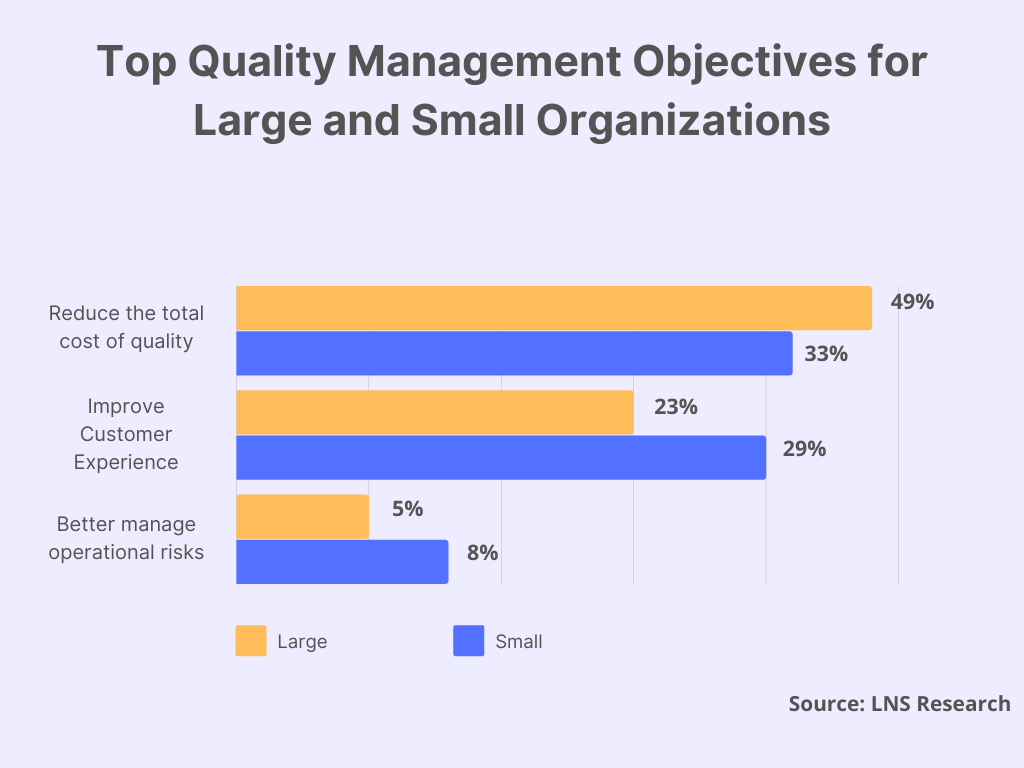
Negotiation.
Each client is a priority for a small vendor. So they will make sure you’re 100% satisfied with the working terms and conditions, price, final product, etc. On the other hand, if you cooperate with a large vendor, you might have no negotiating power. Besides, the smaller your business is, the more likely you are to pay higher prices and your order might be moved to the end of the priority list if a large customer has a rush order.
Custom approach.
Many large businesses support a “one size fits all” mentality and struggle to provide a personalized and customized service. Small businesses, on the other hand, take the time to get to know the potential customer, considering their needs and creating a solution that is excellent for the customer.
Agility.
First things first, we’re talking about technical skills. With a smaller vendor, it’s easier to get quick release cycles and less corporate inertia. Besides, you also get commercial agility. Smaller companies are quite uncomplicated to do business with. They have more sense of freedom and are transparent and straightforward with customers.
Care.
For smaller companies, collaboration is not just about business. They do care about their customers and have a special spot in their hearts for them. Seeing the company they’ve been implementing solutions for succeed is their greatest motivator and inspiration source. People working in smaller companies are motivated by a deep love for their craft, which they continually enhance for your benefit. Besides, the strong point of smaller companies is their ability to create a one-on-one environment. This makes the connections deeper in nature than those from larger companies.
Responsibility.
In smaller companies, the product development team and the support team are most of the time the same things. This means that the engineering team always faces the consequences of their actions. And if some technical problems arise, the product development team will be fixing them. This makes the software development team highly responsible and dedicated which in the long run ensures the highest quality of the product.
Speed.
The processes in big companies are usually more bureaucratic, hence they spend much time on processes approving. Smaller vendors can be more flexible and fast in how they reward or recognize staff and how they deal with customers. This makes the process of your collaboration faster and much more enjoyable for both parties. Smaller companies tend to adapt to customers’ needs, including more easily bringing in new services and products, which could bring potential new revenue sources.
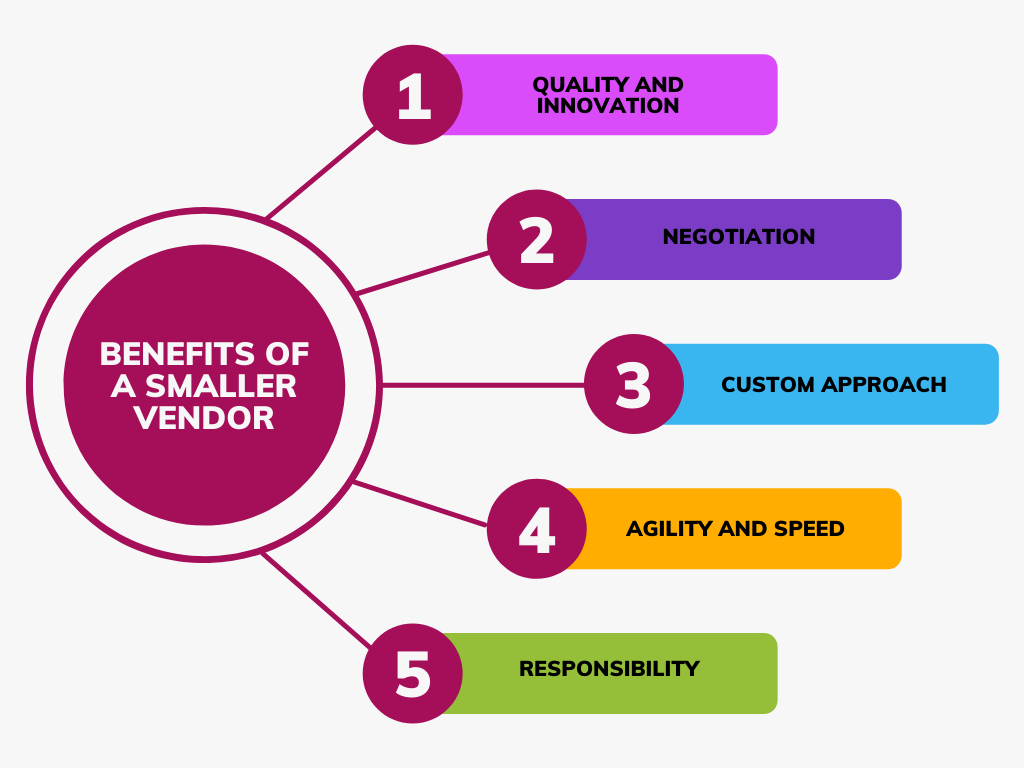
Bottom line.
To sum this all up, any potential challenges of working with not large vendors can be easily overcome. How can you choose the responsible provider? By checking out their case studies in the industry you are involved in, checking out whether they’ve been working for years with some large-scale corporations and famous global companies, asking for reviews and conducting technical interviews.
Working with a smaller provider gives you unbeatable benefits that sometimes are difficult to get while working with a large vendor. For example, our customers always say that the agility, creativity, innovation, and adaptability a smaller vendor can give to them is something that is almost impossible to find anywhere else. So, of course, each coin has two sides. And both big and small vendors have their pros and cons. At the end of the day, it’s up to you to decide what suits your business more and what benefits you want to get from this collaboration.
New articles

See more

See more

See more

See more

See more
